For help, advice and telephone ordering call our team on 0121 666 6646
Are you sure you wish to delete this basket?()
This action cannot be undone.
Sorry, something went wrong
Please report the problem here.
Boys, books and empathy: how reading can help boys thrive
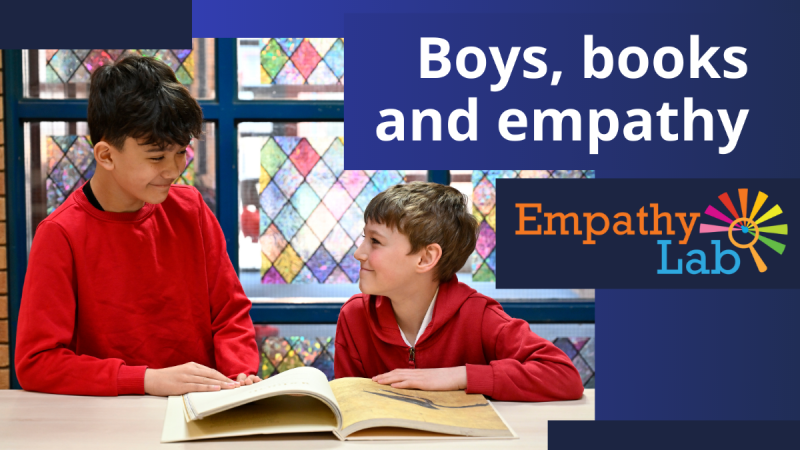
May 12th 2025
Amongst the overall reported decline in children's reading for pleasure, there is a marked difference between boys' and girls' enjoyment of reading in their free time. During this critical time where online misinformation and division is seemingly rife, and potentially influencing young people, books can help young boys and men build important emotional literacy skills and help them thrive, now more than ever.
Empathy Lab champions the power of reading with inspiring an empathy-led generation, offering short courses, free resources, and activity festivals for schools, libraries and beyond. Our Children's Book Specialist Natalie attended their 'Boys, books and empathy' course in 2025. She shares their advice on how to encourage boys to get reading, as well as how we can best support boys in this important stage of their emotional development.
 |
Natalie | Children's Book Specialist Natalie joined Peters after working with Upper KS2 and KS3 children as a school librarian. Prior to this, she completed an MSc in Information and Library Management and worked at the University of Birmingham’s library for over 10 years. As part of our review team, Natalie has access to the full breadth of the children’s book market from K1 books to K3 books and above, and reads everything from picture books to older teen fiction. In her downtime, she enjoys reading mysteries and light popular fiction. |
Why is empathy important particularly for young boys and teens?
Empathy is the ability to take on another person's perspective, to understand, and then feel encouraged to take social action in order to support others.
At a time when even primary age children appear to be being affected by toxic masculinity, developing empathy skills can literally save lives – both for the boys themselves through strengthening their own mental health and wellbeing, and for those around them who may become victims of negative behaviour caused by an idolisation of poor male role models.
How can we encourage boys to read?
For boys to develop these empathy skills, we must get boys reading first.
We know that reading for pleasure rates are much lower for boys than girls. The National Literacy Trust’s 2024 report ‘Children and young people’s reading in 2024’ shows a distinct difference between boys' and girls' enjoyment of reading in their free time of 40.5% for girls versus 28.2% for boys. This gender gap has tripled between 2023 and 2024, largely due to a drop in boys reporting reading for pleasure.
Here are some actions you can take in your community to encourage boys to read:
1. Share reading material which engages boys
- Offer a wide range of books which act as windows and mirrors on boys' lives. You can feel like you’re in ‘reading exile’ if stories don’t speak to you. Showcasing titles which reflect a myriad of boys' experiences will help prevent this 'exile', as well as allow boys to see there is more than one way to be a boy.
- Use poetry as a way into reading. Poetry and verse are usually less daunting to emerging readers. Moreover, if you emphasise poetry’s links to music, then this might be the spark needed to develop a reader.
- Include biographies in your book selection. Biographies are often popular with boys, particularly of sports people. Biographies can get them reading - and it also highlights to them aspirational and positive male role models.
2. Encourage positive relationships with reading
- Spend one-on-one time to recommend books. Getting boys on their own reduces any possible bravado. Additionally, for boys who may not get much encouragement at school, the one-to-one attention in a positive conversation may be appreciated.
- Showcase books as a way of finding out about your own culture and background. Again, this shows to boys that books engage with their lives.
- Read them the ‘hook’ of the book to try and get them interested.
- Openly talk about the benefits of reading to boys. Better jobs, better relationships and better mental health are all benefits they can experience from reading. Reading even relieves muscle tension, which may help those active boys next time they’re at the gym…
3. Build a reading culture with boys
- Buy more than one copy so boys can peer read.
- Turn boys into the positive role models for others. Make them a reading buddy for younger students.
- Lead practical activities related to the books they are interested in. Go beyond the text to drive a personal connection with the books. You can develop creative and immersive activities such as drama or art projects around the book's themes to encourage that deeper relationship with reading.
- In schools, encourage all teachers to get involved in reading. All staff should get onboard with encouraging a positive relationship with reading, not just English teachers. PE teachers are often very influential!
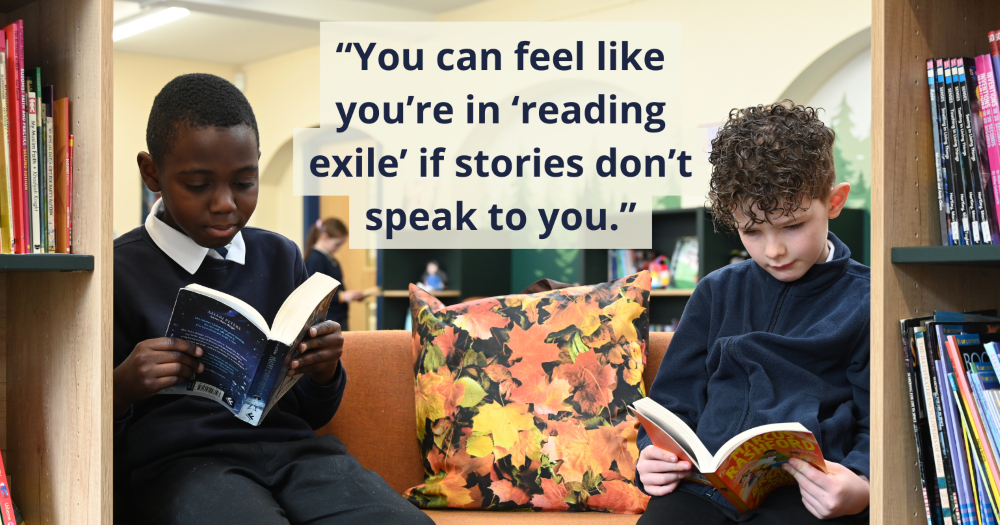
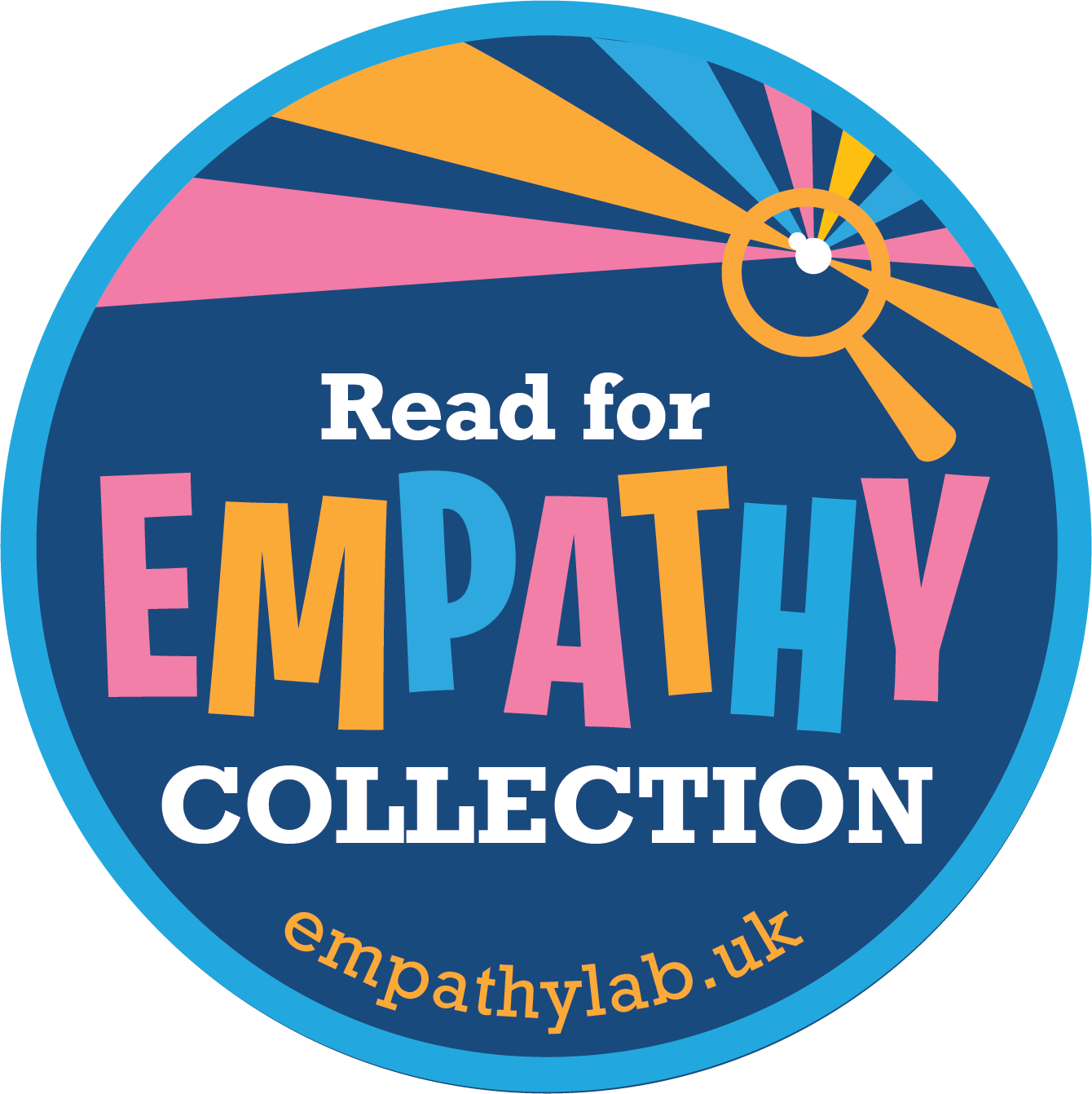
How can Empathy Lab's books help boys?The books below from the Empathy Lab collections explore the experiences of boys and the challenges they face. The books aim to support boys with encouragement, not shame, and present a vision of positive masculinity.
Empathy Lab's book recommendations for boys
|
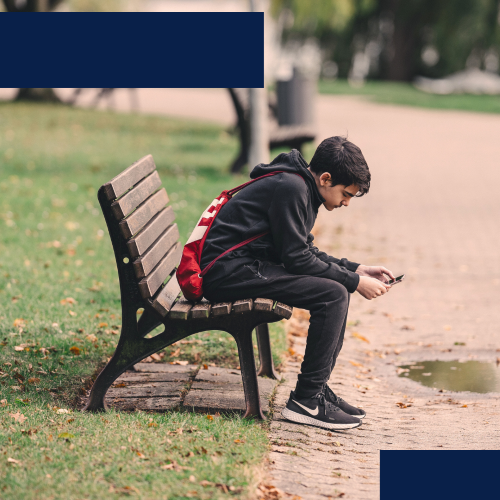 How can we support boys in school and community settings?
How can we support boys in school and community settings?
Finally, we must remember that the way boys behave is linked to the social norms and expectations imposed upon them.
These can be challenged so that boys feel supported in expressing themselves in different ways.
- Let boys know emotions are valid.
- Practice active listening when boys raise their concerns about challenges they are facing.
- Normalise the experience of emotions and model healthy expression of emotions.
- Provide positive reading role models. This doesn’t always have to be staff in school. In North Lincolnshire there has been a scheme to have fire fighters reading in schools!
- Open conversations about mental health through texts. Have a character focus in book talk rather than a plot focus: for instance ask, ‘how do you think he felt when that...'.
|
Bespoke book selection for boys, from primary to secondary age
If you're wanting to boost your school library stock with engaging books for boys, we can help. Get in touch with us for a bespoke quote catered to your school community's needs.
Read further advice from our book specialists
|
Practical tips for reaching reluctant readers in Key Stage 3 |
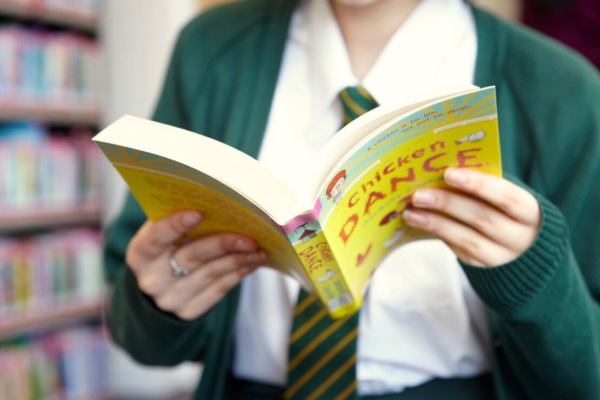 |









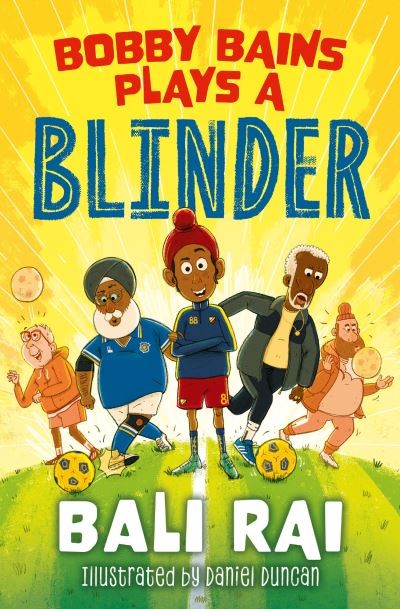

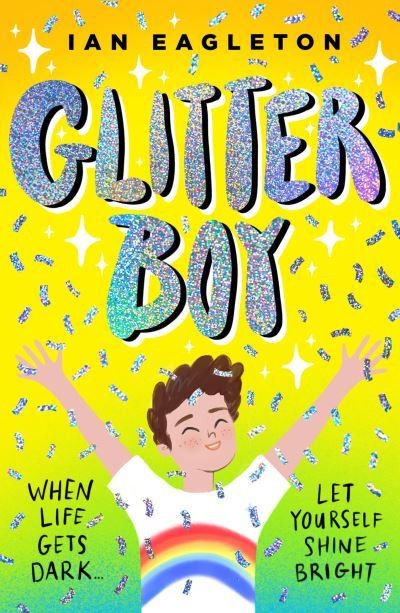


 Raise an empathy-educated generation with Empathy Lab
Raise an empathy-educated generation with Empathy Lab

